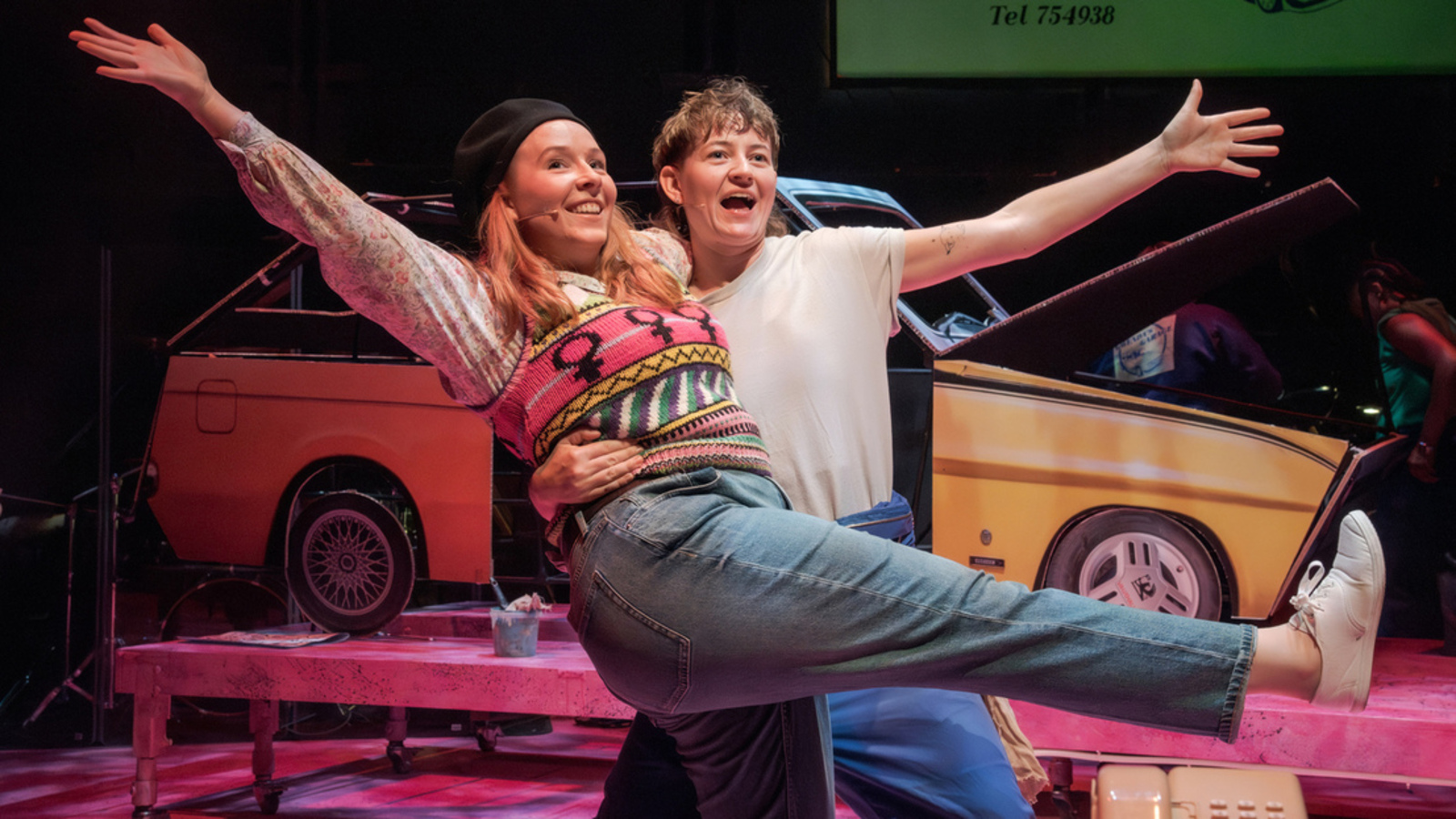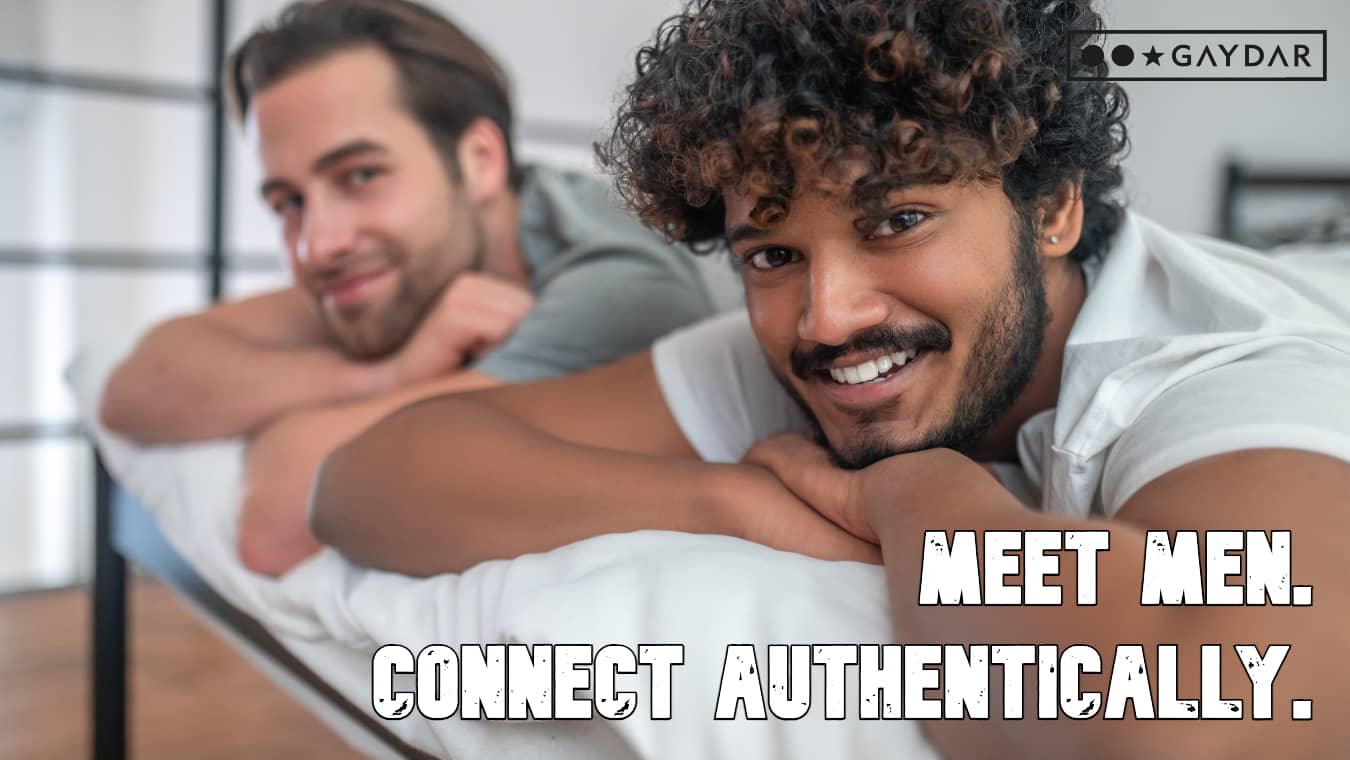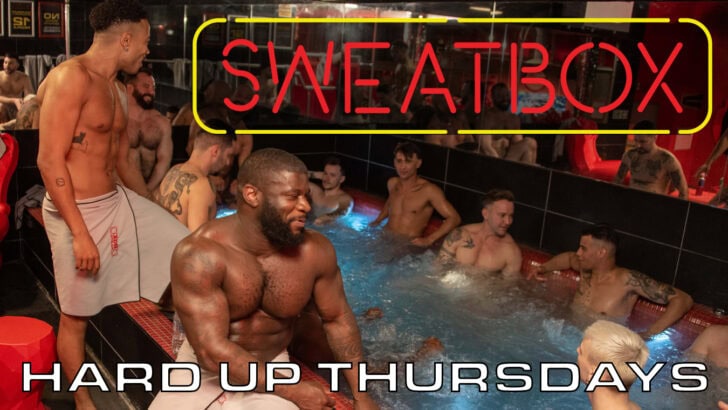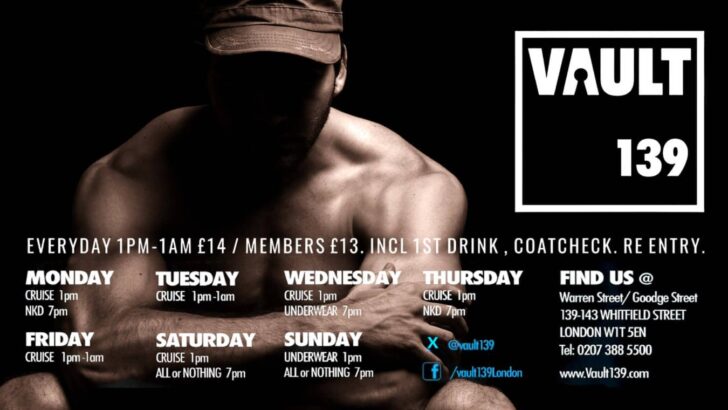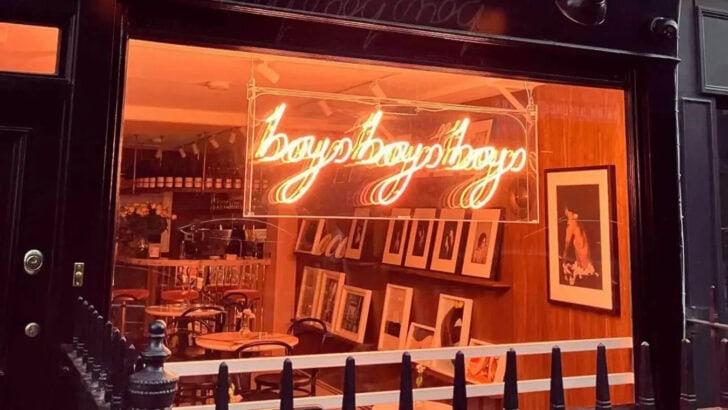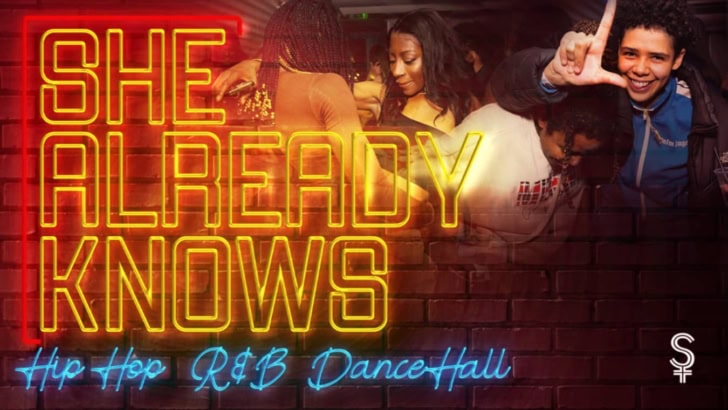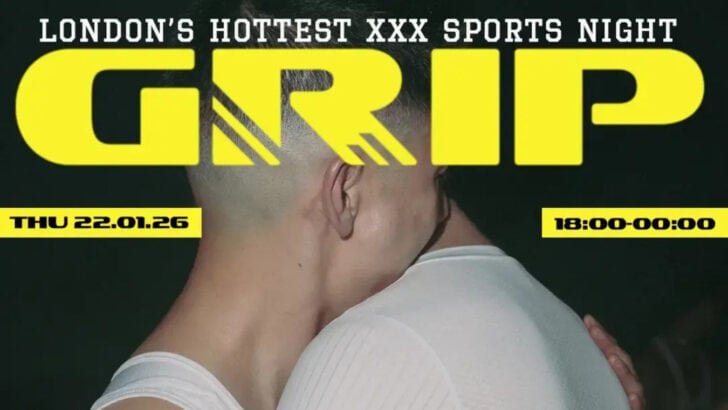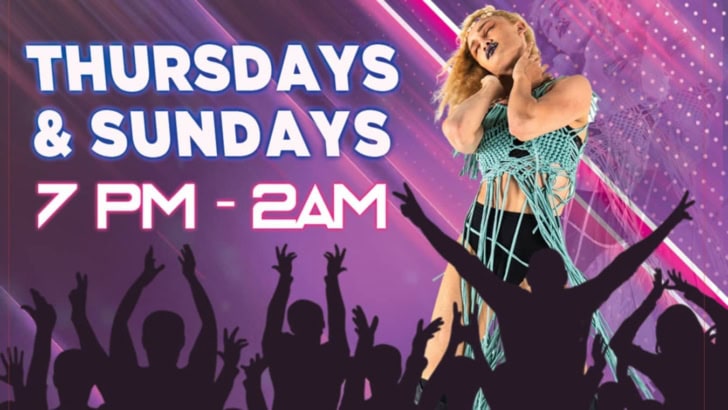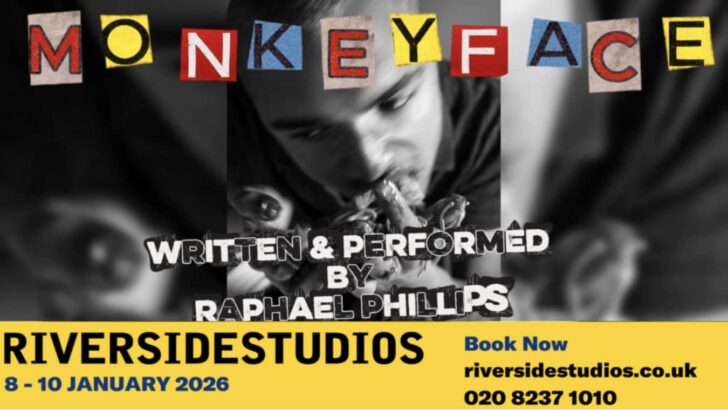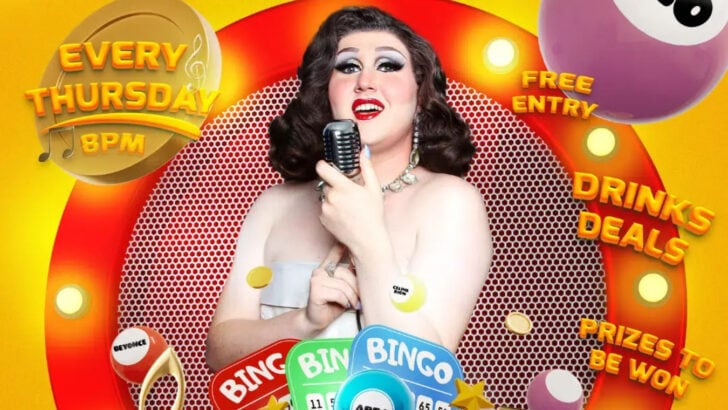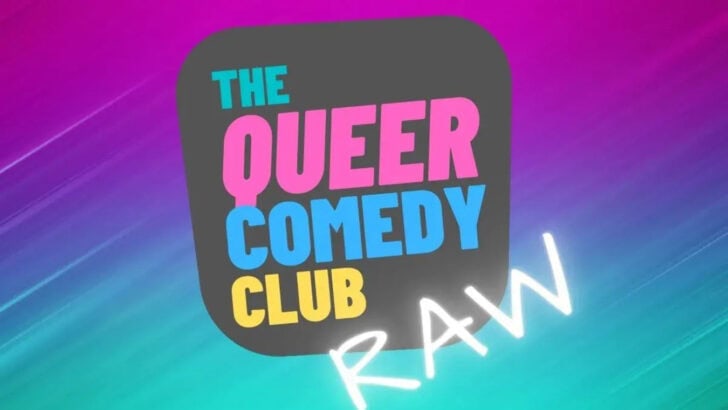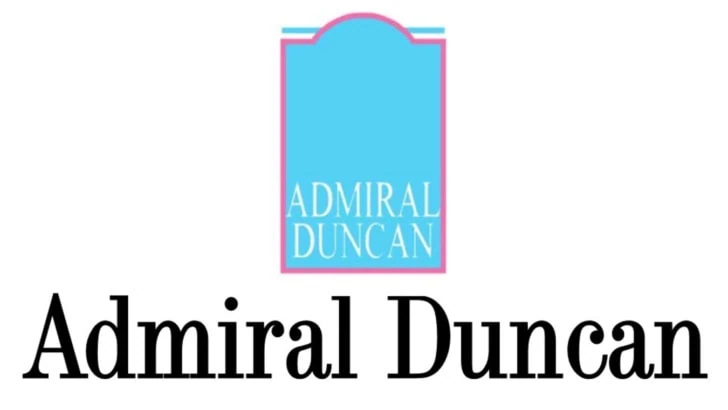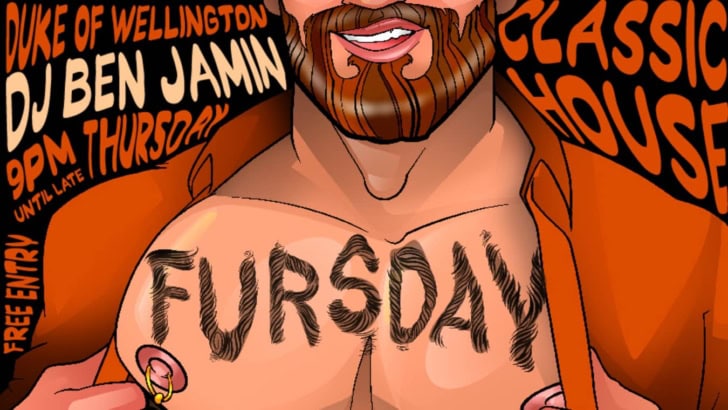I’ll set the scene. Sheffield, 1985, an all-lesbian-run car garage, Thatcher’s Britain and the beginnings of a new law that would make teaching (or even talking) about being gay in schools illegal.
15 years ago, when I was in school, the word ‘gay’ was a cheap insult. Being queer was neither really spoken about in any official curriculum nor among peers. It was a joke, or something to be quietly terrified about in secret, so imagining the courage of those who came 25 years before that is quite incredible.
I’ve been in and out of closets from the age of 14/15, constantly assessing who’s safe, who can be trusted, and how much they can be trusted with. How will who I am impact existing friendships, making new ones, jobs, family, and my future?
Watching queer creators on YouTube was my first sign that who I was might actually be okay. I remember one particular video where a bunch of LGBTQ+ YouTubers were asked ‘If you could take a pill tomorrow that would turn you straight, would you?’. I was so shocked that the majority of them said absolutely not, and the reasoning of the ones who said yes was just to be more accepted in society. Here was a group of people happy to be who they were.
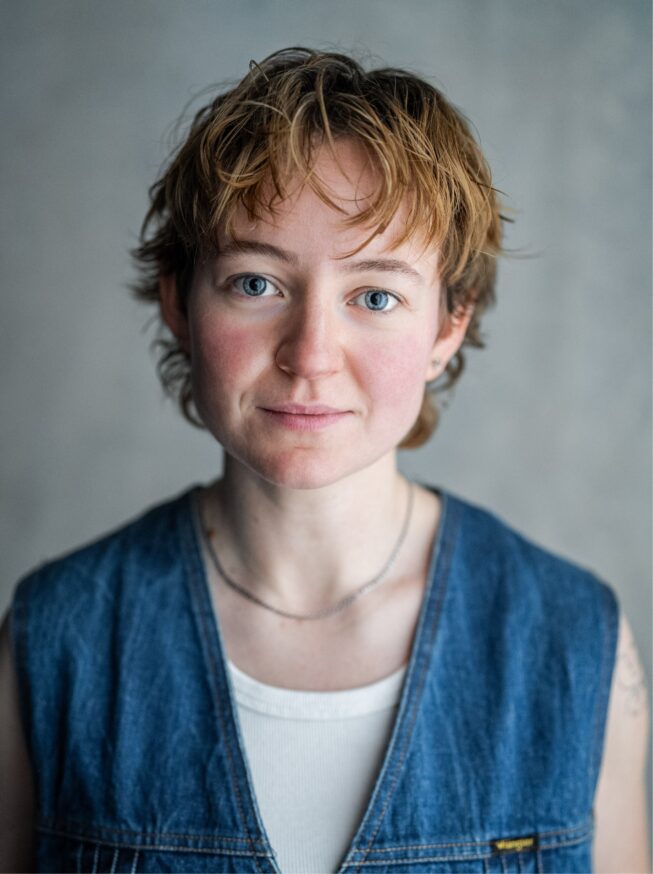
The turning point in my own acceptance came during COVID. While it was a scary and turbulent time for the world, having space and time to figure myself out away from society was invaluable.
For me, the best thing about being who I am is community. The queer joy that comes from chosen family, the love and acceptance, the free conversations without having to preface or teach or apologise. The ability to keep growing and evolving without fear of judgment or abandonment.
I think that’s what is at the heart of Gwenda’s Garage. Carol, Bev, Terry, Dipstick and Feona are their own chosen family. Dysfunctional and messy at times, but fiercely loyal to each other, with the garage as that safe space where they can be themselves.
I play the young ‘charming but clueless’ Dipstick, the mechanic apprentice, who hasn’t been dealt a great hand in life, but finds her community and her people and learns a lot over the course of the show. Characters like Dipstick are truly universal, not specific to one decade or period of history, and bringing her to life on stage is such a privilege.
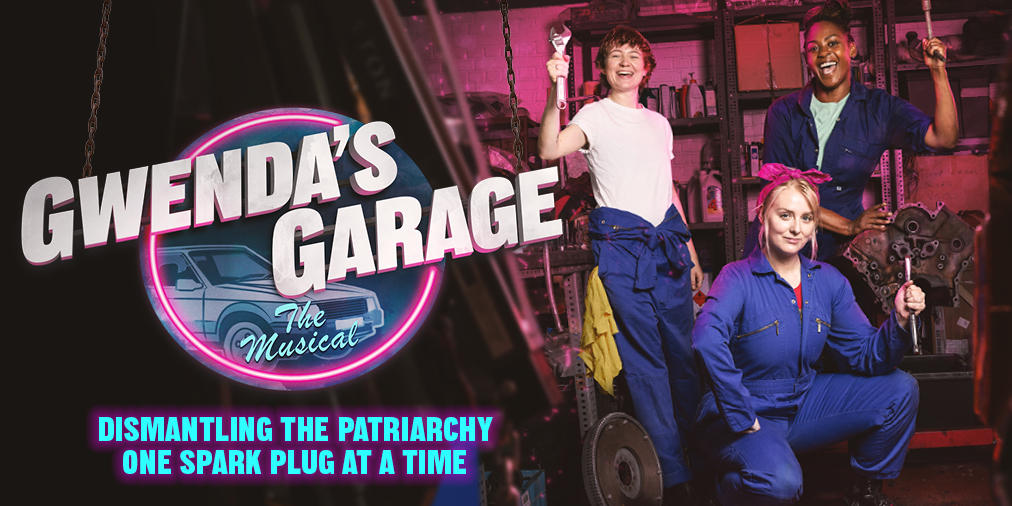
I feel so lucky to be able to tell these stories night after night to audiences that include young queer people, older lesbian couples, groups of friends, straight people(!) and LGBTQ+ families.
Whilst we have come so far since Section 28, the narrative around queerness in the 1980s, and even in my own school days, the work is not done. As long as governments keep creating new ‘common enemies’, we must keep fighting for our rights, advocating for one another, being megaphones for the voices of marginalised groups, and sticking firmly together.
Gwenda’s Garage plays until Saturday, 29th November at Southwark Playhouse, Borough. Tickets available at https://southwarkplayhouse.co.uk/productions/gwendas-garage/
